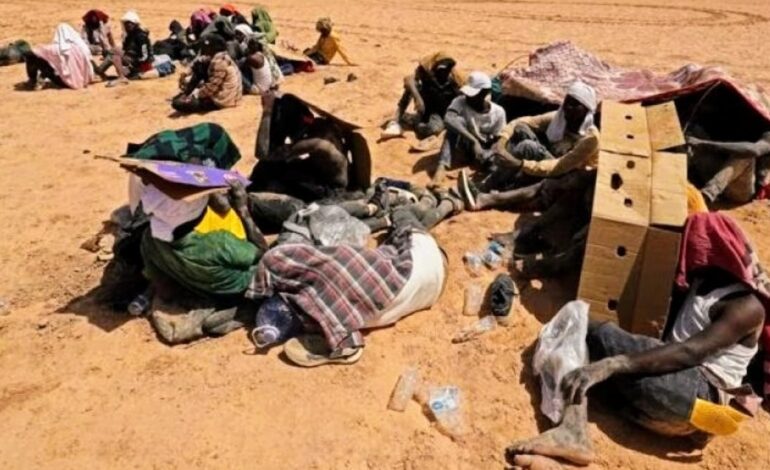
Faith Nyasuguta
A new report has revealed that both Eritrean and Ethiopian soldiers continue a widespread and systematic campaign of rape in Tigray despite the peace de signed in November last year.
In the first report documenting sexual violence – using hundreds of medical records from the start of the conflict in November 2020 through to June 2023 – healthcare professionals recount cases of gang-rape, sexual slavery and murder, including the killing of children.
The report, by Physicians for Human Rights (PHR) and the Organization for Justice and Accountability in the Horn of Africa, reviewed 304 medical records of conflict-related sexual violence from health facilities across Tigray; 128 indicated rape occurring after the agreement to stop all hostilities after two years of civil war.
One of the report’s authors and a PHR senior programme officer, Lindsey Green, noted that the medical records painted a picture of “horrifying” experiences.
“The sexual violence we have documented is brutal and used as a way to intimidate and terrorise communities,” she said.
Survivors of sexual violence in the report ranged in age from eight to 69. Three-quarters of cases (76%) were of gang-rapes. Ten accounts were of people who had been held captive and raped by multiple perpetrators.
Several patients also described the murder of family members, including children, before, during or after their attack. In almost all cases (96%), perpetrators belonged to military and paramilitary groups.
News outlets spoke to women and healthcare professionals independently on the report, who described ongoing sexual violence in Tigray. Selamawit*, 22, left her home town in north-western Tigray after she was gang-raped in February by Eritrean soldiers occupying the area.
“First, it was three soldiers who gang-raped me,” she revealed. “But it did not stop there. Three more soldiers came and gang-raped me cruelly. When I cried out of pain and begged them to stop, they laughed at me.”
In December 2022, Harnet*, 19, was raped by four Amhara militia in a town in western Tigray. She disclosed: “They held me captive in their place for two days and repeatedly gang-raped me. They slapped and beat me during the rape.”
In majority of the cases, women could access healthcare only months after the violence occurred and had serious complications resulting from the attacks.
The report named post-traumatic stress disorder, depression, incontinence, uterine bleeding and chronic pelvic pain. In multiple cases the rape resulted in pregnancy or in the woman contracting HIV.
A nurse at a northern Tigray hospital attended by survivors of sexual violence said: “There is a lack of medicine and a shortage of facilities to treat the physical and mental health complications of the survivors. New cases are still being reported. Most of the survivors are subjected to torture in addition to rape.”
The findings of the report, which represent just a small portion of all cases of sexual violence in Tigray, corroborate other reports by the UN, human rights organisations and journalists who have documented abuse since the commencement of the war.
A brutal two-year conflict kicked off in November 2020 when the government of Ethiopia began military operations in Tigray against the region’s ruling party, the Tigray People’s Liberation Front. The war is estimated to have seen the death of 600,000 people, making it one of earth’s deadliest recent conflicts.
*Names have been altered
RELATED:




